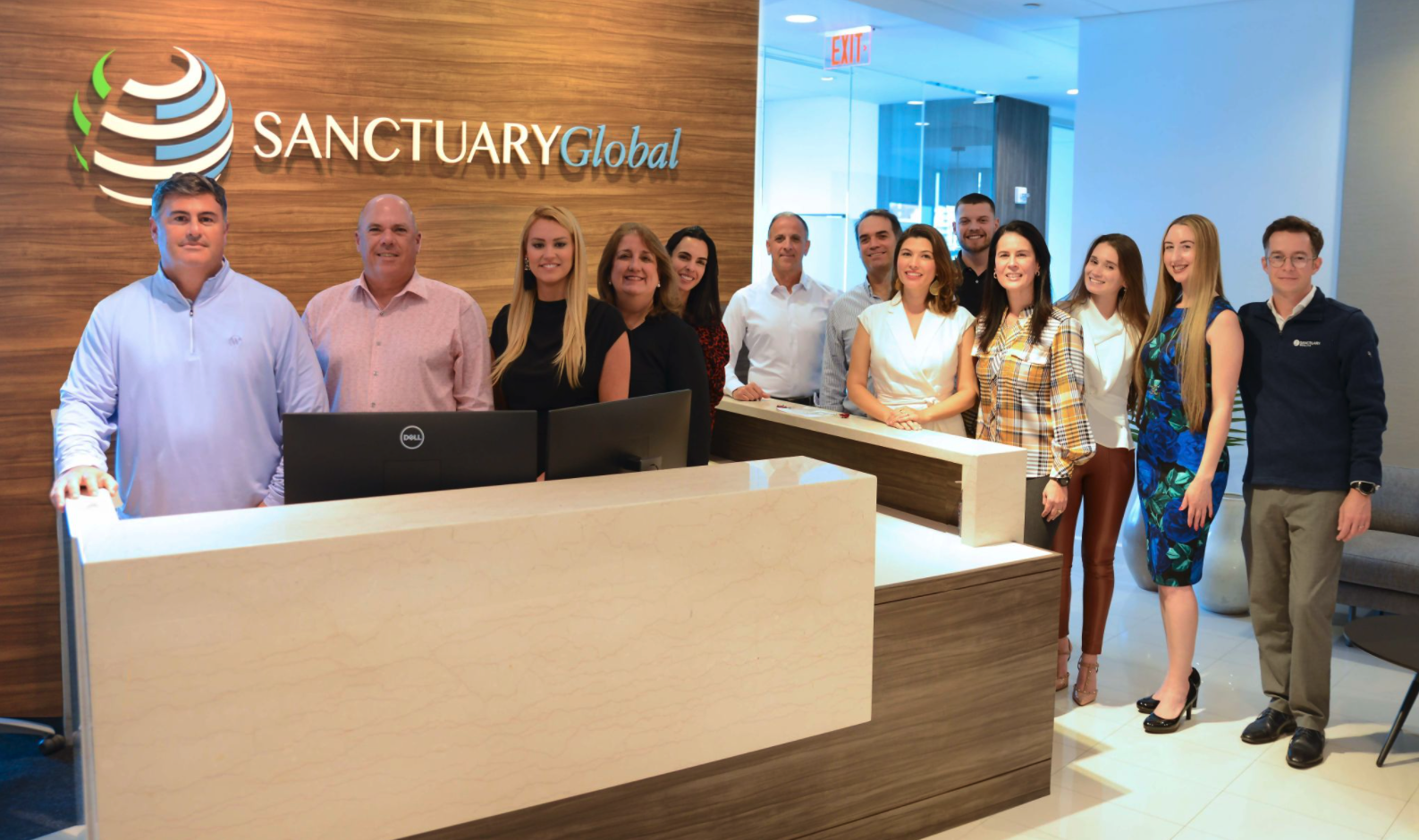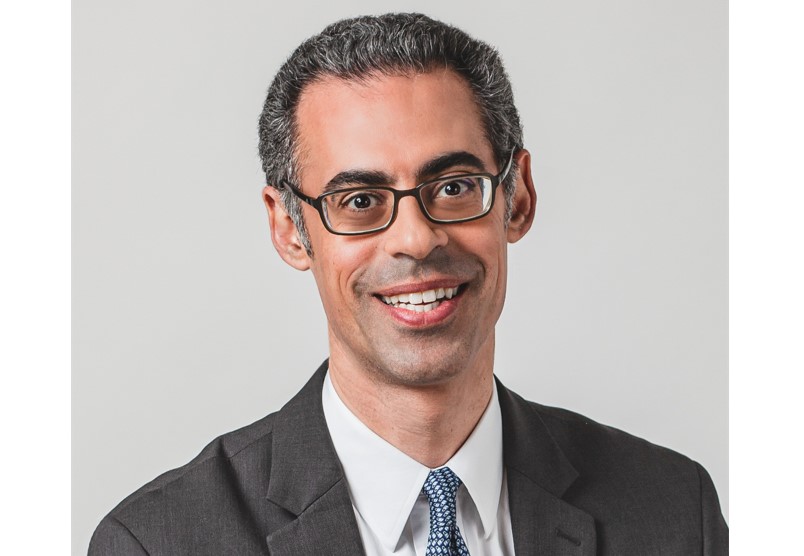Insurers Prioritize Yield-Enhancing Strategies While Navigating Inflation Risk
| By Beatriz Zúñiga | 0 Comentarios

Goldman Sachs Asset Management released the findings of its eleventh annual global insurance survey, titled “Re-Emergence: Inflation, Yields, and Uncertainty.”
The survey of 328 insurance company participants, representing over $13 trillion in global balance sheet assets, found that as insurers continue to prioritize yield and ESG factors in investment decisions, they plan to increase their allocation most significantly to private equity (44%) and green or impact bonds (42%) over the next year.
In the Americas and Asia, 53% of investors expected to increase allocations to private equity, the highest of any asset class, while in Europe, the Middle East and Africa (EMEA), green or impact bonds were the most favored choice at 59%.
The survey found that in a sharp reversal from the past two years, insurers now see rising inflation and tighter monetary policy as the largest threats to their portfolios, with rising interest rates displacing low yields as the primary investment risk cited by insurers.

“Against a complex macroeconomic and geo-political environment, demand for yield remains high, and we expect to see insurers continue to build positions in private asset classes as well as inflation hedges, including private equity, private credit, and real estate.“These assets can prove integral to diversifying portfolios while optimizing capital-adjusted returns, particularly over a longer-term time horizon,” said Michael Siegel, Global Head of Insurance Asset Management for Goldman Sachs Asset Management.
Regardless of private equity and sustainable bonds, insurers’ financial managers plan to increase their allocation over the next 12 months to include corporate credit (37%), infrastructure debt (36%), and real estate (31%), among others.
ESG triples in the investment process
According to the survey’s findings, sustainability continues to gain weight among the factors that govern investment decisions and the investment process. Thus 92% of insurance managers take ESG into consideration, almost three times more than in 2017, when only 32% took it into account.
Likewise, now more than one in five respondents (21%) say that sustainability has become a main element. This percentage almost doubles when it comes to companies in Europe, the Middle East and Africa (EMEA), where it is more than 37%.
More than half of global insurers (55%) expect ESG considerations to have a major impact on asset allocation decisions in the coming years, matching in importance what is so far the main factor for investment, regulatory capital requirements.
Asked about possible consolidation movements in the global insurance market, almost 96% expect this dynamic of concentration and new deals to continue. Finally, the 2022 survey has again asked CFOs and CIOs about their investments in insurtech and this year also about cryptocurrencies.
The search for greater operational efficiency has once again led to an increase in insurtech investment in all geographical areas of the world, and in the case of the cryptomarket, its gradual maturation explains why 11% of US insurers say they are already investing in this asset, compared with 6% of Asian companies and just 1% of European ones.
Methodology
The Goldman Sachs Asset Management Insurance Survey provides valuable insights from Chief Investment Officers (CIOs) and Chief Financial Officers (CFOs) regarding the macroeconomic environment, return expectations, asset allocation decisions, portfolio construction and industry capitalization. The survey analyzed responses from 328 participants at global insurance companies representing more than $13 trillion in balance sheet assets, which represents around half of the balance sheet assets for the global insurance sector. The participating companies represent a broad cross section of the industry in terms of size, line of business and geography. The survey was conducted during the first two weeks of February.










